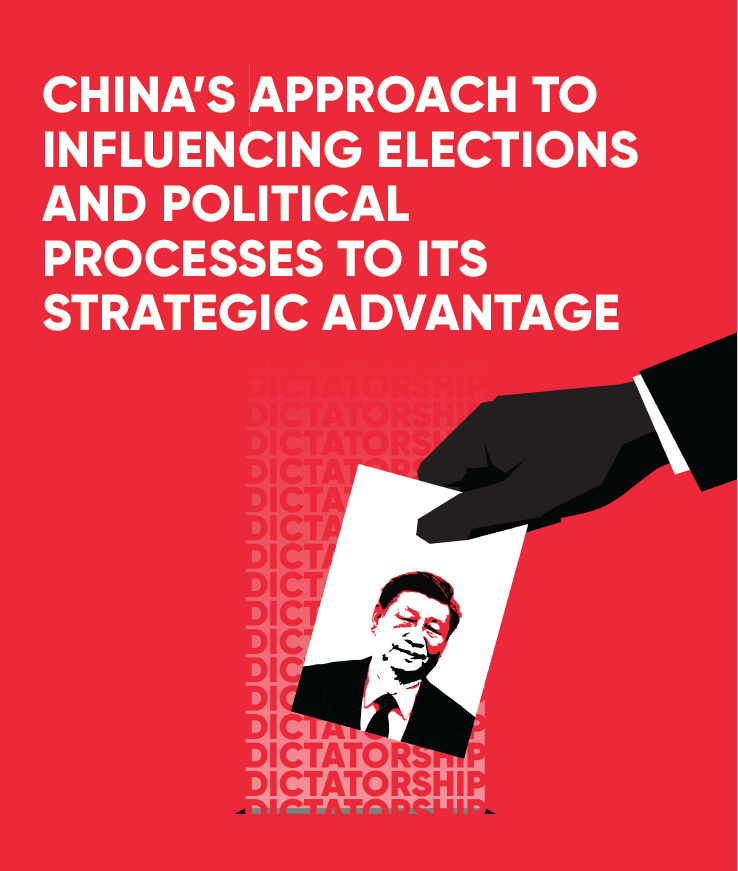China’s Approach to Influencing Elections and Political Processes to its Strategic Advantage

Potential interference by the People’s Republic of China (PRC) in elections is a perennial concern. Seemingly unwilling to recognize how much its ham-fisted efforts have advantaged its “enemies” and harmed its “friends,” Beijing has consistently pressured the people of Taiwan, for example, to elect governments that support or are more inclined toward eventual unification, which most Taiwanese oppose. While there are documented cases of Beijing trying to shape elections in other countries, most of its efforts are not at this level of intensity and they do not constitute direct and overt interference.
Instead, the PRC deploys a sophisticated toolkit to influence politics in other countries, seeking to create environments in which parties across the spectrum, if not outright embracing Chinese preferences, at least are not at odds with those interests. This work is constant, aimed at maintaining a political status quo conducive to PRC and CCP interests rather than at yielding a certain election result.
This study, which draws on evidence from Kenya, Italy, and the Philippines, documents how the PRC works to influence political and electoral processes toward that end. In some cases, the PRC interferes overtly in specific elections. It indicates its preferred candidates primarily through official media coverage or editorials rather than by direct statements from MFA diplomats or CCP officials. Occasionally the PRC uses local United Front-related organizations to endorse candidates and run “get out the vote” efforts. China’s influence efforts are largely overt and rely on three main messengers: diplomatic personnel under the Ministry of Foreign Affairs (MFA), officers from the CCP’s International Liaison Department (ILD), and official media organizations such as the China Daily. The CCP’s United Front Work Department (UFWD) and friendly host-country media organizations participate in these activities on a smaller scale.
More commonly, however, and in the three cases examined in this report, Beijing tends to employ more traditional strategies and tools to shape the political environment in other countries to maintain its influence and blunt anti-China rhetoric. The PRC aims to build a multifaceted foundation of support, rather than relying on close ties with any single actor or party. These political influence efforts take place constantly and aim to cultivate relationships and signal policy preferences. The message is clear: whichever party or candidate wins, the government should implement policies that align with PRC interests.
Top